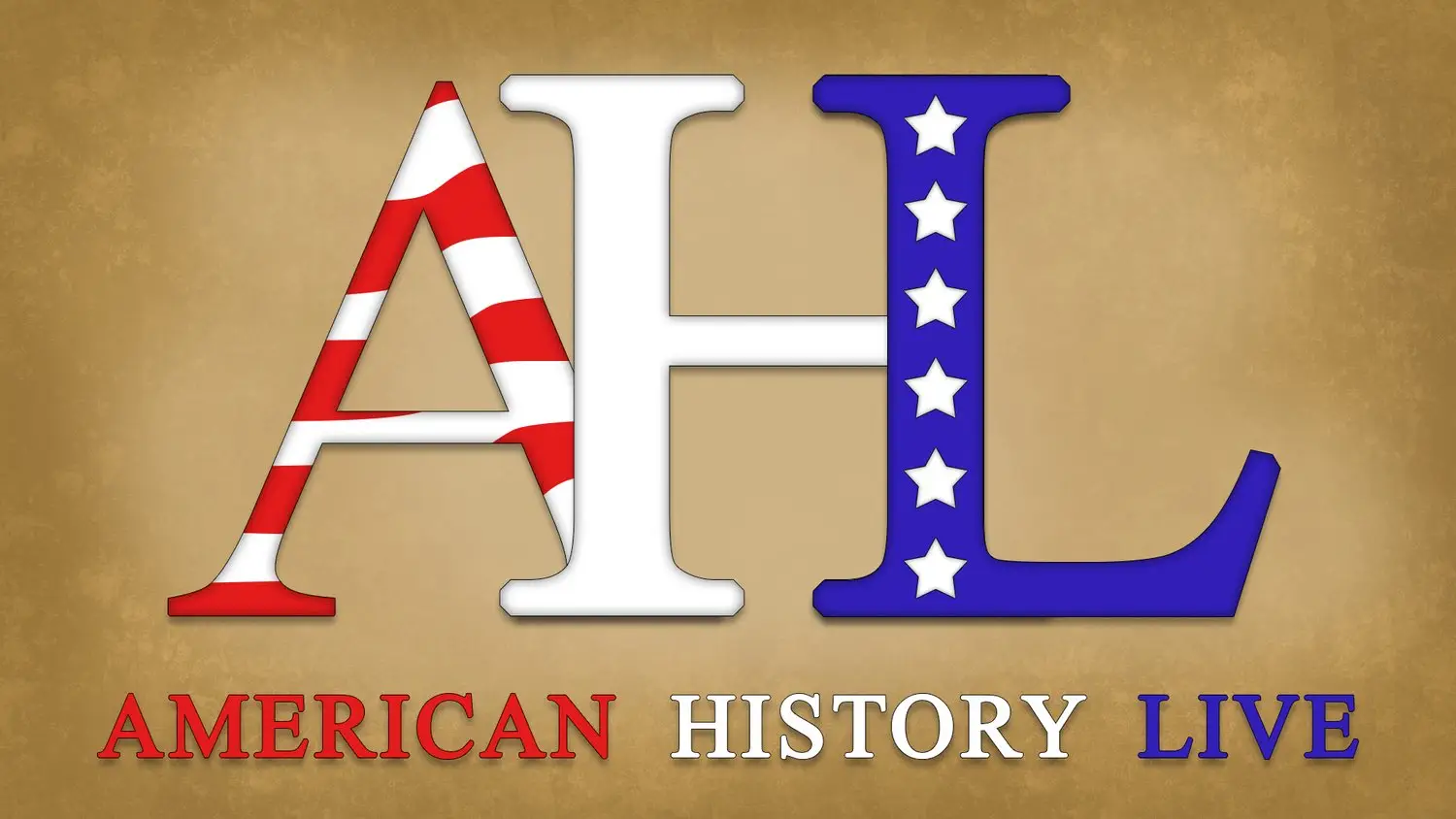SS.68.AA.2.1 - Explain early congressional actions regarding the institution of slavery (i.e. Three-Fifths Compromise).
- The Constitutional Convention and Compromises
SS.7.CG.1.2 - Trace the principles underlying America’s founding ideas on law and government.
- The Foundations of American Government
SS.7.CG.1.5 - Describe how British policies and responses to colonial concerns led to the writing of the Declaration of Independence.
- Life in Colonial America: Causes of Indepedence
SS.7.CG.1.6 Analyze the ideas and grievances set forth in the Declaration of Independence.
- Declaration of Independence
SS.7.CG.1.7 - Explain how the weaknesses of the Articles of Confederation led to the writing of the U.S. Constitution.
- Articles of Confederation
SS.7.CG.1.8 Explain the purpose of the Preamble to the U.S. Constitution.
- The Constitutional Convention and Compromises
SS.7.CG.1.9 - Describe how the U.S. Constitution limits the powers of government through separation of powers, checks and balances, individual rights, rule of law and due process of law.
- Articles I-III of the United States Constitution
SS.7.CG.1.10 - Compare the viewpoints of the Federalists and the Anti-Federalists regarding ratification of the U.S. Constitution and including a bill of rights.
- Federalist vs Anti-Federalist
SS.7.CG.1.11 - Define the rule of law and recognize its influence on the development of legal, political and governmental systems in the United States.
- Rule of Law and Federalist Paper #81
SS.7.CG.2.1 - Define the term “citizen,” and explain the constitutional means of becoming a U.S. citizen.
- Citizenship
SS.7.CG.2.3 - Identify and apply the rights contained in the Bill of Rights and other amendments to the U.S. Constitution.
- The Bill of Rights
SS.7.CG.2.6 - Examine the election and voting process at the local, state and national levels.
- Elections: History and Federal, State, and Local Elections
SS.7.CG.3.3 - Describe the structure and function of the three branches of government established in the U.S. Constitution.
- Articles I-III of the United States Constitution
SS.68.AA.1.6 - Examine the service and sacrifice of African patriots during the Revolutionary era (i.e. Crispus Attucks, Peter Salem, James Armistead Lafayette).
Who Was Prince Hall?
American Heroes Series: Crispus Attucks
American Heroes Series: Peter Salem
American Heroes Series: James Armistead Lafayette
American Heroes Series: Phillis Wheatley
American Heroes Series: Elizabeth Freeman (Mum Bett)
SS.68.AA.2.3 - Examine the various duties and trades performed by slaves.
Slavery in Northern Colonies/States
Who Was Prince Hall?
SS.8.A.2.2 - Compare the characteristics of the New England, Middle, and Southern colonies.
The Original 13 Colonies
SS.8.A.2.3 - Differentiate economic systems of New England, Middle and Southern colonies including indentured servants and slaves as labor sources.
Slavery in Northern Colonies/States
SS.8.A.2.7 - Describe the contributions of key groups (Africans, Native Americans, women, and children) to the society and culture of colonial America.
Life in Colonial America
Slavery in Northern Colonies/States
Life of Free African Americans in the 1700s
Founding Mothers: Abigail Adams, Betsy Ross, Mercy Watson, Phyliss Wheatly, and Deborah Sampson
Who Was Prince Hall?
Abigail Adams: Revolutionary Ideas for Women and Against Slavery
American Heroes Series: Crispus Attucks
American Heroes Series: Peter Salem
American Heroes Series: James Armistead Lafayette
American Heroes Series: Phillis Wheatley
American Heroes Series: Elizabeth Freeman (Mum Bett)
SS.8.A.3.1 - Explain the consequences of the French and Indian War in British policies for the American colonies from 1763 - 1774.
- Colonial America: Lead up to the Revolutionary War
SS.8.A.3.2 - Explain American colonial reaction to British policy from 1763 - 1774.
- Colonial America: Lead up to the Revolutionary War
SS.8.A.3.3 - Recognize the contributions of the Founding Fathers (John Adams, Sam Adams, Benjamin Franklin, John Hancock, Alexander Hamilton, Thomas Jefferson, James Madison, George Mason, George Washington) during American Revolutionary efforts.
Founding Fathers: Alexander Hamilton, George Washington, John Adams, Samuel Adams, John Hancock
Founding Fathers: Benjamin Franklin, Thomas Jefferson, James Madison, George Mason, John Jay
Who Was Alexander Hamilton?
SS.8.A.3.4 - Examine the contributions of influential groups to both the American and British war efforts during the American Revolutionary War and their effects on the outcome of the war.
Homefront American Revolution
SS.8.A.3.5 - Describe the influence of individuals on social and political developments during the Revolutionary era.
Homefront American Revolution
SS.8.A.3.7 - Examine the structure, content, and consequences of the Declaration of Independence.
Declaration of Independence
SS.8.A.3.9 - Evaluate the structure, strengths, and weaknesses of the Articles of Confederation and its aspects that led to the Constitutional Convention.
Articles of Confederation
SS.8.A.3.10 - Examine the course and consequences of the Constitutional Convention (New Jersey Plan, Virginia Plan, Great Compromise, Three-Fifths Compromise, compromises regarding taxation and slave trade, Electoral College, state vs. federal power, empowering a president).
Constitutional Convention
SS.8.A.3.11 - Analyze support and opposition (Federalists, Federalist Papers, Anti-Federalists, Bill of Rights) to ratification of the U.S. Constitution.
Federalist vs. Anti-Federalist
SS.8.A.3.12 - Examine the influences of George Washington's presidency in the formation of the new nation.
Abigail Adams: First Second Lady, Second First Lady
SS.8.A.3.13 - Explain major domestic and international economic, military, political, and socio-cultural events of John Adams's presidency.
Abigail Adams: First Second Lady, Second First Lady
